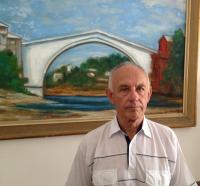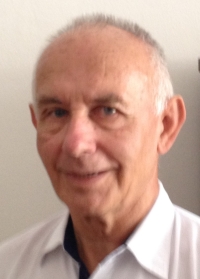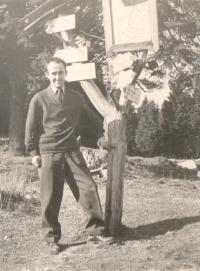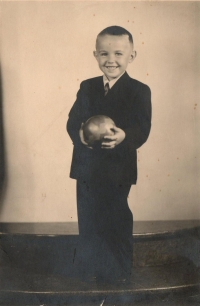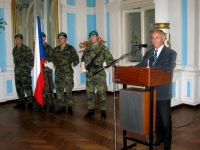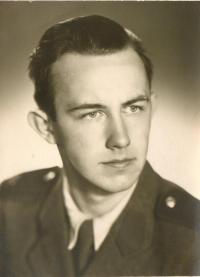Accept everything with humility and joy

Stáhnout obrázek
Václav Bednář was born in a working class family in 1938 in Třebíč. His dad, Josef Bednář, belonged to the founding members of the social democratic party in Třebíč. The whole family was left-wing oriented; two brothers were members of the communist party already before the war. After 1945 the father was a functionary of the local national committee and a party organisation in Nesachleby. In 1953 Václav Bednář started in the School of Lieutenant Youth in Olomouc and a year later he came to Kremnice. After graduation in 1956 he was accepted to the Colleges Air Defense in Kosice. Since 1959 he worked as a lieutenant at the anti-aircraft units in Mladá. In 1962 he joined the communist party and since 1966 he studied the social science at the Military Academy. In August 1968 he took care of a group of Soviet students, but his reckless commentaries of contemporary events changed his life completely. He got expelled from the communist party, from the high school as well as the army and until 1990 he had to work in the East Slovakian Steelworks in Kosice. Following his rehabilitation he returned to the army as a lieutenant colonel and in 2000 he was promoted to colonel. In 1995 - 2005 he worked at the company Pozemní stavby and at the company Skanska. During the last fifteen years he devoted himself to amateur history and wrote a number of publications in the field. He lives in Hranice na Moravě.
